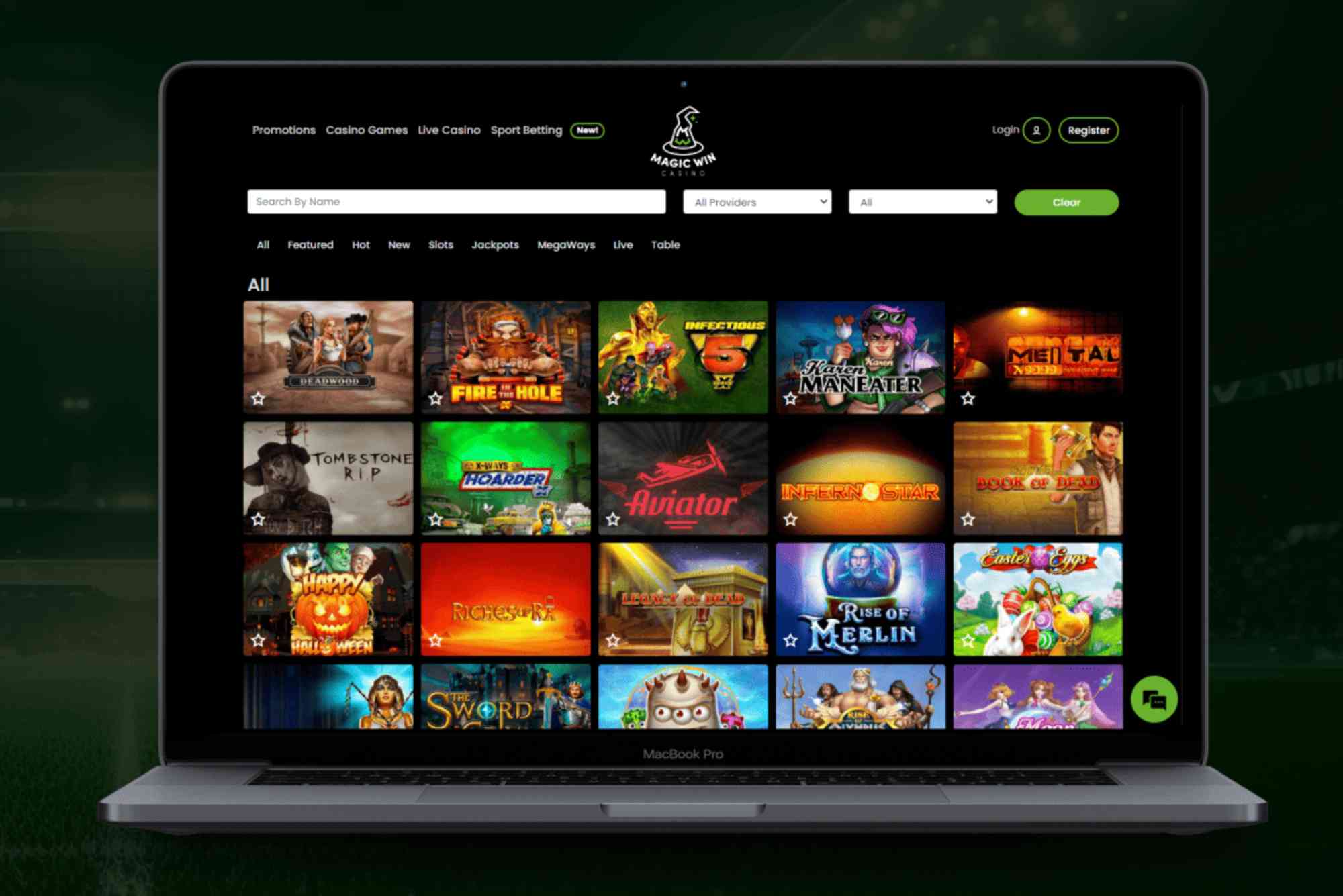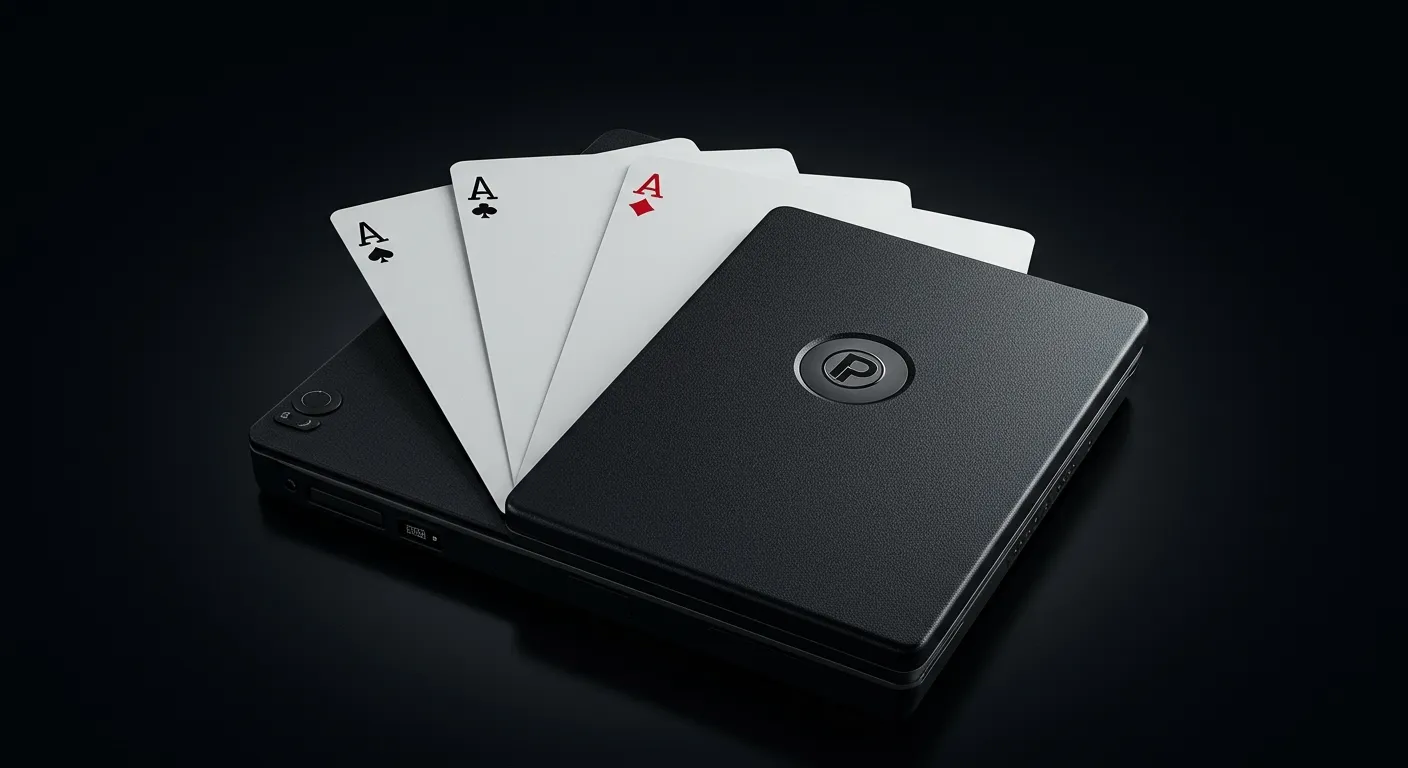Online casinos have become a mainstream form of entertainment, with millions of people worldwide playing slots, blackjack, roulette, and live dealer games from the comfort of their homes. But behind the excitement and convenience lies a serious responsibility: ensuring that players are who they say they are.
Identity verification is not just about compliance—it’s about building trust between casinos and players, protecting against fraud, and maintaining the integrity of the gambling environment. Whether you’re signing up for the first time or cashing out a big win, understanding how and why casinos verify player identities can give you confidence in the system.
Why Identity Verification Matters in Online Gambling
Gambling involves money moving between players and operators, often in large amounts. Without strict verification measures, online casinos would be vulnerable to fraud, money laundering, underage gambling, and bonus abuse. That’s why most regulators around the world, including the UK Gambling Commission and Malta Gaming Authority, require casinos to implement “Know Your Customer” (KYC) processes.
For players, these measures can sometimes feel inconvenient, especially if you’re eager to start playing or withdraw your winnings. But in reality, they’re in place to protect both sides. A casino that properly verifies its players is one that values safety and accountability. If you’ve explored regulated platforms such as slot sites uk, you’ll already know that strict identity checks are standard practice and a sign of legitimacy, not a hurdle.
The Basics of KYC in Online Casinos
Most online casinos use the KYC process during registration or when a player makes their first withdrawal. This system is modeled on financial institutions, where verifying customer identities is mandatory to prevent illegal activities.
Typically, KYC involves providing proof of identity, proof of address, and sometimes proof of payment method. These steps may sound simple, but they are crucial for preventing fake accounts, protecting minors, and ensuring that gambling remains fair and responsible.
Documents Casinos Commonly Request
When verifying your identity, casinos usually ask for government-issued documents. These may include a passport, driver’s license, or national ID card. To confirm your address, they may request recent utility bills, bank statements, or official letters with your name and address clearly visible.
For payment verification, casinos often require a copy of the card used, with sensitive numbers hidden, or screenshots of e-wallet accounts. While it may feel intrusive, these steps ensure that your funds are secure and that no one else is using your details without permission.
How Technology Streamlines the Process
In the past, players had to scan and email their documents, which often led to delays. Today, many casinos use automated verification tools powered by artificial intelligence and machine learning. These systems can instantly recognize documents, check for authenticity, and compare photos with databases to confirm validity.
Some platforms even offer biometric verification, where players upload a selfie or short video clip to prove their identity matches the submitted documents. This not only speeds up the process but also adds an extra layer of security.
When Verification Takes Place
For most players, identity checks occur during account registration or at the point of withdrawal. Some casinos allow you to play and deposit before verification but will block withdrawals until you’ve completed the KYC process. Others require verification upfront to comply with strict regulatory standards.
It’s worth noting that delayed verification often leads to frustration, especially when players expect instant withdrawals. A good practice is to submit your documents early, so you don’t face delays later when you’re ready to cash out.
Preventing Fraud and Money Laundering
One of the main reasons casinos verify identities is to prevent financial crimes. Criminals could otherwise use casinos as channels for money laundering, depositing illicit funds and withdrawing them as “winnings.” Identity checks ensure that funds moving in and out of the system are legitimate.
This also helps maintain a safe environment for regular players. Knowing that casinos are vigilant about fraud and financial crime gives players peace of mind when depositing their money.
Protecting Minors and Promoting Responsible Gambling
Identity checks also ensure that only adults participate in gambling activities. Age restrictions are a core part of gambling regulation, and proper verification prevents underage individuals from accessing casino games.
Moreover, identity verification helps casinos enforce responsible gambling tools, such as self-exclusion programs. If a player has voluntarily excluded themselves from one site, proper verification ensures they cannot easily create another account on a sister platform.
Common Challenges Players Face
While verification is essential, it isn’t always smooth. Some players complain of lengthy delays, rejected documents, or repeated requests for additional proof. These frustrations usually stem from unclear photos, expired documents, or differences between registered details and submitted evidence.
The best way to avoid these issues is to ensure your documents are up-to-date, high quality, and match the information you used during registration.
Final Thoughts
Online casinos verify player identities for good reason: to protect players, prevent fraud, ensure fairness, and maintain compliance with international laws. While the process may seem tedious, it’s ultimately a safeguard that ensures the legitimacy of the platform and the safety of your funds.
In my experience, the casinos that handle verification efficiently are often the ones that excel in other areas too—fast payouts, transparent terms, and reliable customer support. So the next time you’re asked to upload documents, remember that it’s not just a formality. It’s one of the strongest signals that you’re playing on a trustworthy, well-regulated site.








